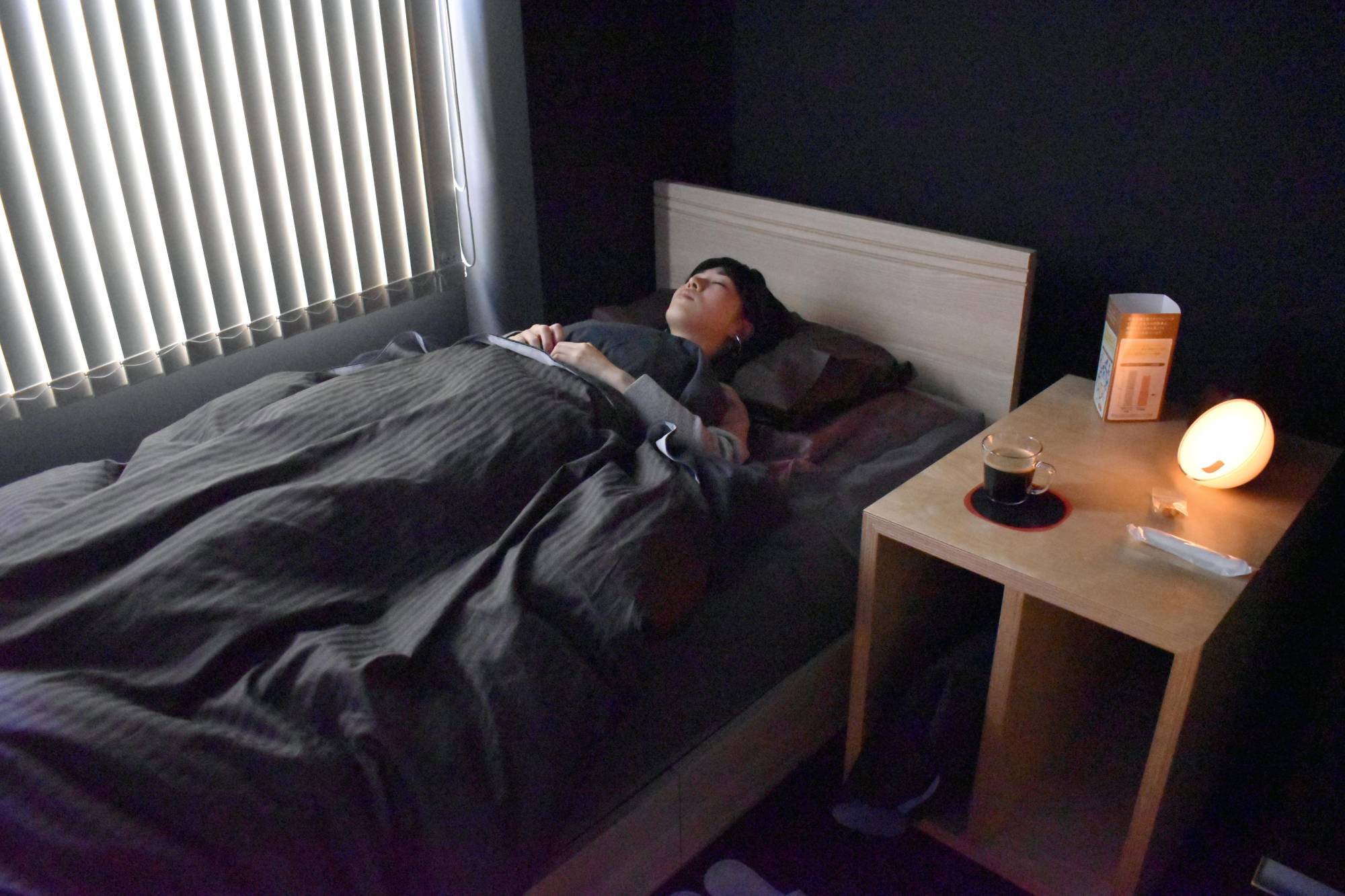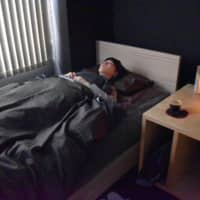Japanese in their 20s and early 30s are going to bed earlier and sleeping about eight hours a day, 40 to 50 minutes longer than the same demographic did 10 years ago, according to a recent survey.
The longer sleeping hours may be due to young people falling asleep while watching smartphones as they lie down, say Video Research Ltd. and Dentsu Inc., two companies that conducted and analyzed the survey last month.
The companies also point to a change in lifestyle in which young people prefer to stay home rather than working long hours and staying out late at night.
According to the survey, men aged 20 to 34 slept seven hours and 55 minutes on average in 2019, up from seven hours and 11 minutes in 2009.
The average sleeping time for women in the same age bracket came to seven hours 59 minutes, up from seven hours and 19 minutes.
The survey found 34.7 percent of men in the age bracket went to bed before 11 p.m. in 2019, up from 18.6 percent in 2009. The rate for women came to 44.9 percent, up from 30 percent.
Both men and women woke up around the same time as 10 years ago, it said.
Video Research surveyed about 5,000 people in the Tokyo metropolitan area in June and Dentsu analyzed the results.
In a survey Video Research conducted in 2018, two-thirds of people aged 15 to 29 used smartphones in bed and many ended up falling asleep while using them.
Rather than watching television or using a computer, the use of smartphones while laying down apparently makes it easier for people to fall asleep.
With use of smartphones sharply rising among young people, the two companies suspect such a practice has surprisingly led to longer sleeping hours.




